Life rarely gives us the storybook moment where darkness turns to triumph—but it does happen. Kate and David Ogg had such a moment. The Australian couple welcomed premature twins into the world on March 25, 2010, but their joy quickly turned to heartbreak when doctors told them that their baby boy, Jamie, hadn’t survived. What happened next would become a story of love, resilience, and the extraordinary power of a mother’s touch.
Kate and David had been ecstatic to learn they were expecting twins, but their excitement was overshadowed when the babies arrived prematurely at just 27 weeks. Doctors worked tirelessly to save them, but after 20 minutes of efforts, Jamie was pronounced dead. Devastated, the medical team placed his tiny body on Kate’s chest so she could say her goodbyes.
As she held him close, she and David spoke to him, telling him about his twin sister, Emily, and how much he was loved. Kate gently stroked his face and held his tiny fingers, unwilling to let go just yet. Then, against all odds, Jamie gasped.

"We feel so fortunate. We're the luckiest people in the world."
— David Ogg
At first, doctors dismissed it as a reflex. But then he moved again. Clinging to hope, Kate placed a drop of breast milk on her finger and touched it to Jamie’s lips. Incredibly, he swallowed. His breathing became more stable, and his body gradually warmed up.
“I’d carried him inside me for only six months—not long enough—but I wanted to meet him and to hold him, and for him to know us,” Kate told Today. “We’d resigned ourselves to the fact that we were going to lose him, and we were just trying to make the most of those last, precious moments.”
The power of skin-to-skin contact
What happened in that hospital room wasn’t something doctors could easily explain, but it reinforced a growing body of research about the benefits of skin-to-skin contact, sometimes called "kangaroo care." Studies have shown that placing newborns—especially premature babies—on a parent’s chest helps regulate their breathing, stabilize heart rates, and even improve survival rates.
"The twins are developing completely normally."
— Kate Ogg
Jamie’s survival wasn’t just a miracle—it was a testament to the incredible bond between mother and child.
The Oggs shared an update on their twins two years after that unforgettable day. Kate playfully asked them, "Where’s your nose? Where are your ears?" Emily and Jamie pointed proudly to the right spots. When she asked, "Where's your belly?" both lifted their shirts with matching grins.
In 2011, the Ogg family grew again with the arrival of another baby, Charlie, who was born full-term and weighed over 10 pounds. "A little sumo," Kate affectionately called him.

A mother’s instinct
After her experience with Jamie, Kate approached Charlie’s birth differently. “Just give him to me when he’s born,” she told her doctor, fully trusting the power of immediate skin-to-skin contact.
The family eventually moved to a quiet coastal town in New Zealand, where they settled into life with their three children. But even as the years passed, Kate admitted she still felt the need to check on Jamie more than usual. "I panic if they sleep in too long and I don’t hear a sound from the nursery. I’m a bit too morbid, I think," she said.
"Technically, you're two minutes older. But Emily's been alive longer."
— Kate Ogg
Some miracles can’t be explained. But for the Ogg family, the proof of love’s power is right in their arms.












 It wasn't even February, so she wasn't expecting what came next.
It wasn't even February, so she wasn't expecting what came next.  The hug came first, the 'yes' took a few moments more.
The hug came first, the 'yes' took a few moments more. 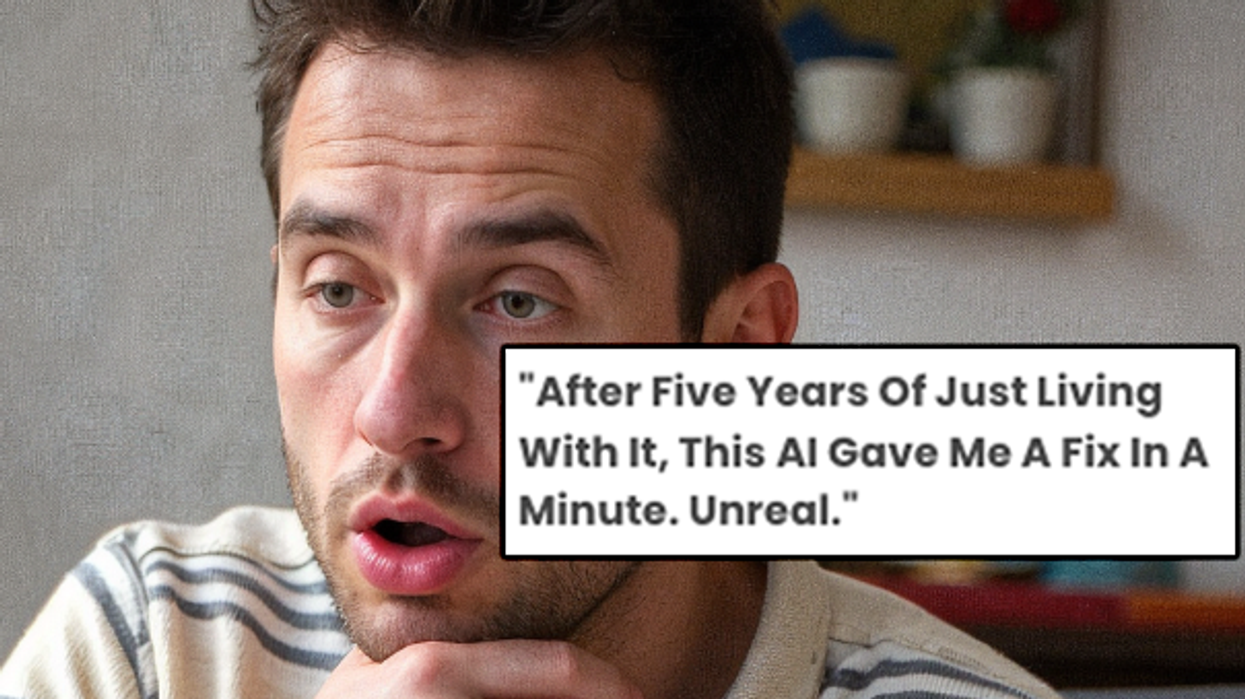


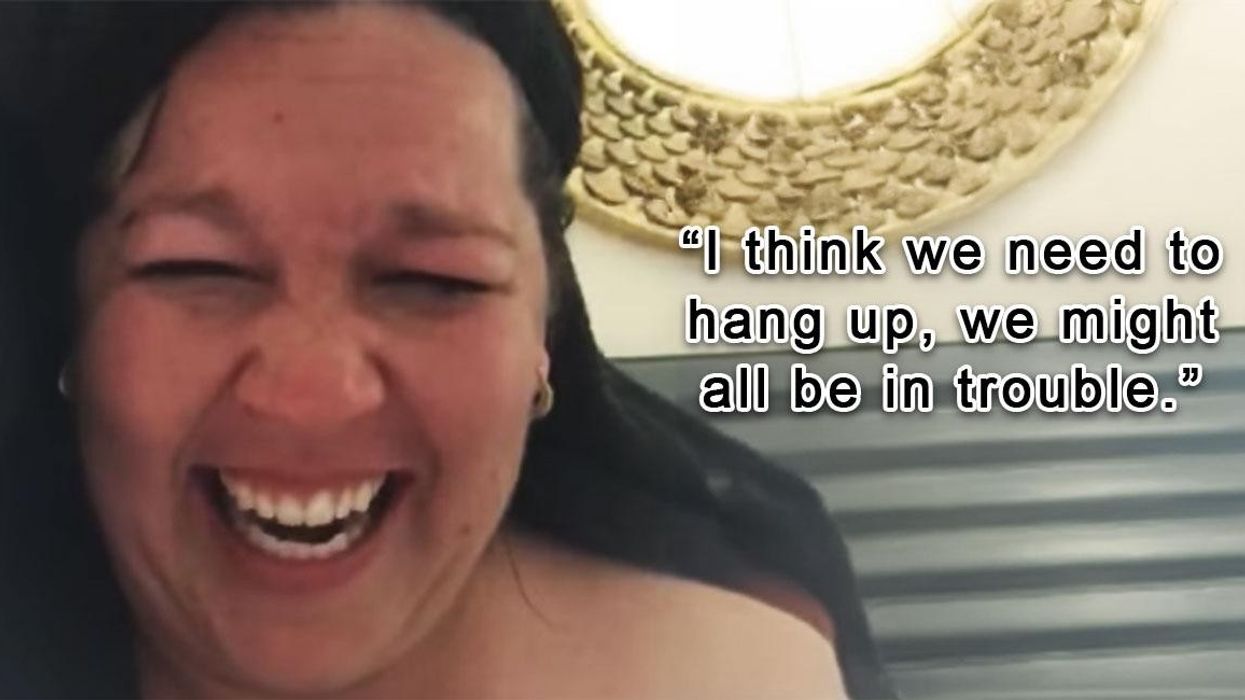



 Representative Image Source: Pexels | Oleksandr P
Representative Image Source: Pexels | Oleksandr P  Layout of the plane seatsImage Source: Mumsnet |
Layout of the plane seatsImage Source: Mumsnet | 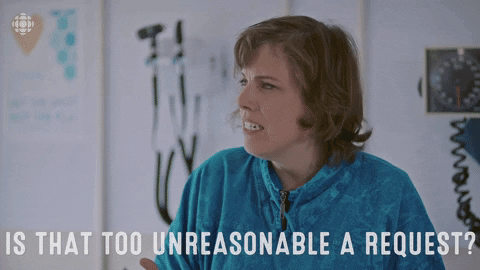




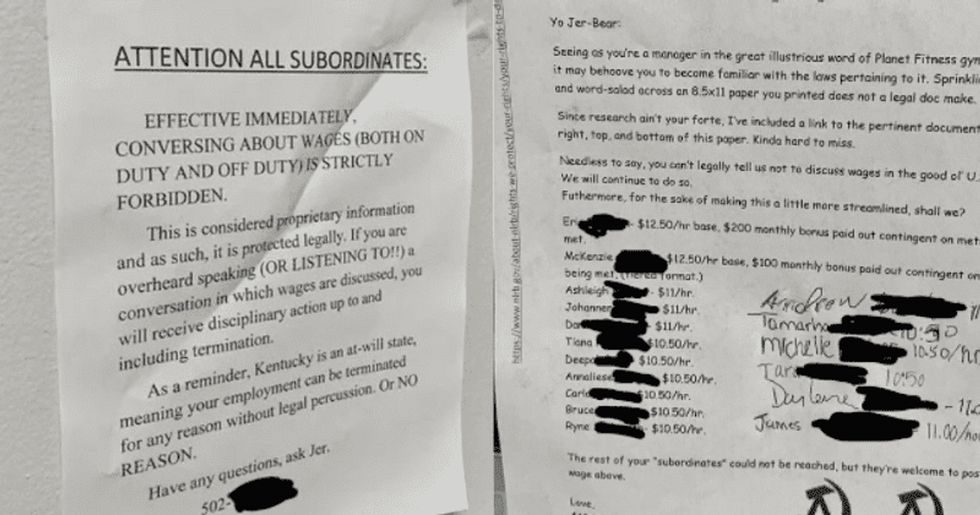 Image Source: Joshua Potash | Reddit
Image Source: Joshua Potash | Reddit 



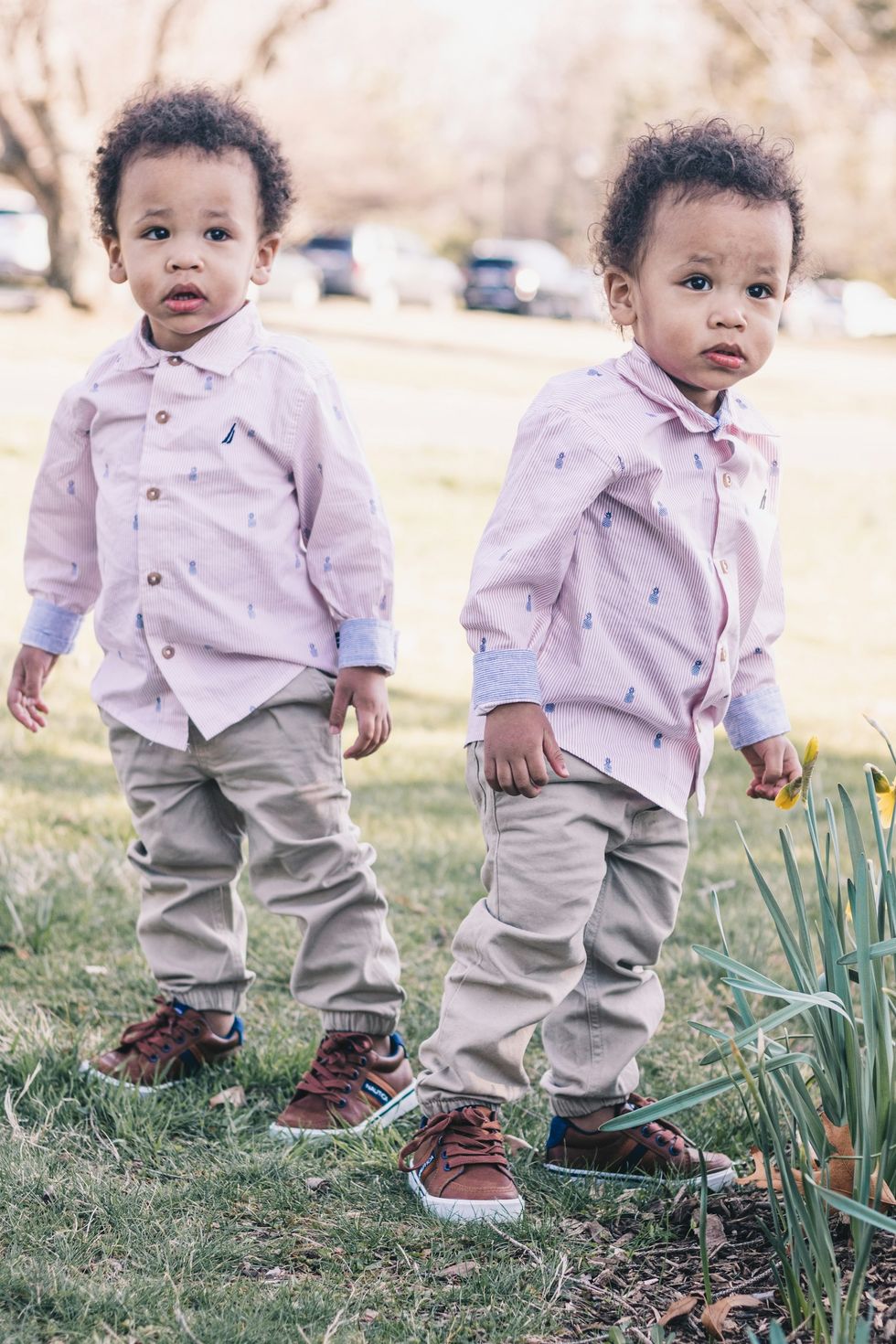 Representative photo by luis arias |
Representative photo by luis arias | 
 Representative photo by Jamie Lee |
Representative photo by Jamie Lee | 
